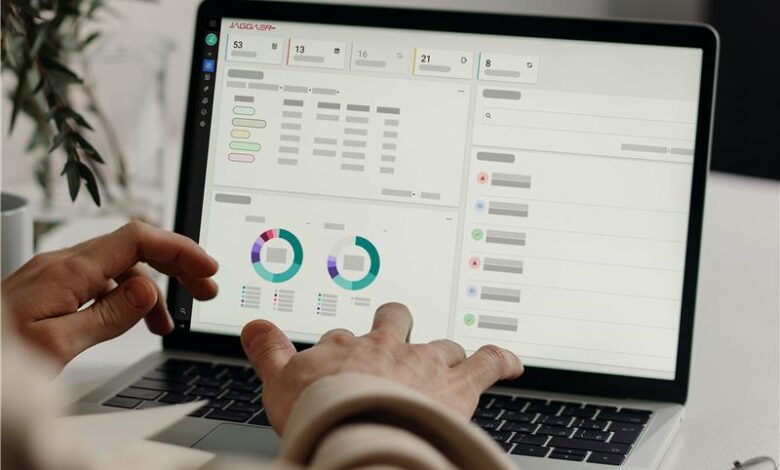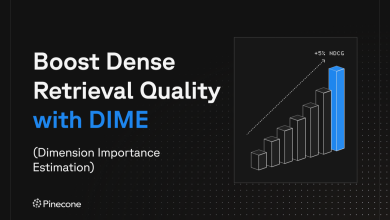
Artificial Intelligence is rapidly reshaping the world of work, from automated customer service to AI-powered predictive analytics, AI is handling tasks that once required human input. This shift has sparked widespread fears about job losses, with many professionals worried about being replaced by machines. However, history has shown that technological advancements do not just eliminate jobs – they transform them, creating new roles and requiring new skill sets.
In procurement and supply chain management, AI implementation does not mean replacing workers but enhancing their capabilities: instead of spending hours on repetitive, manual tasks, professionals can leverage AI to automate routine processes, freeing up time for strategic decision-making, supplier collaboration, and overall innovation. The introduction of AI is leading to the emergence of new job roles, such as AI procurement specialists and data-driven supply chain analysts, which require expertise in interpreting AI-generated insights and making data-backed decisions. Companies that invest in AI training and workforce upskilling will be best positioned to thrive in this new era of work.
At the same time, even if talent is the driving force behind every successful business function, companies in this space are struggling to attract and retain skilled professionals. The procurement role is no longer just about cost-cutting and ensuring supply reliability since today’s professionals must navigate complex ESG initiatives, comply with evolving regulations, and build supply chain resilience. The sheer complexity of these responsibilities requires ongoing upskilling and adaptability, and global crises—such as the Covid-19 pandemic, geopolitical conflicts, and logistical disruptions—have only intensified these challenges, putting additional pressure on procurement teams. Companies that fail to address these issues risk inefficiencies, compliance failures, and costly disruptions.
Can AI close the talent gap?
Despite fears that AI will replace jobs, it presents a unique opportunity to empower procurement professionals. By automating repetitive tasks, AI allows workers to focus on strategic, creative, and value-driven activities. Instead of replacing talent, AI enhances efficiency and job satisfaction, making procurement roles more appealing and sustainable.
AI-driven automation can handle time-consuming tasks such as purchase order approvals, invoice matching, and contract compliance checks. This allows procurement teams to redirect their efforts towards higher-value activities, such as supplier relationship management and strategic planning. By reducing burnout and improving job satisfaction, AI can play a crucial role in employee retention. Furthermore, AI-driven insights help teams make faster and more accurate decisions, ensuring that procurement professionals remain proactive rather than reactive.
Traditional training models are struggling to keep up. Additionally, with procurement’s rapid evolution, employees need real-time, flexible training and traditional training models are struggling to keep up. AI-driven tools offer “on-the-go” training, providing instant guidance when users encounter new processes or challenges.
For example, an AI-powered procurement platform can detect when a user struggles with a task and provide a short video tutorial or suggest the next steps, and some systems even automate actions, reducing manual effort while ensuring compliance and best practices. This approach eliminates the need for long, disruptive training sessions that take employees away from their core responsibilities. Instead, AI enables a seamless learning experience where professionals can acquire skills in real-world situations. Over time, this ensures that procurement teams remain adaptable and confident in their ability to manage evolving challenges.
Smarter decision-making and recommendation engines
AI-driven natural language processing (NLP) enables procurement professionals to ask questions and receive instant, context-aware responses. Imagine an employee unsure about how to create a purchase requisition—rather than searching through manuals or waiting for support, they can simply ask the AI assistant, which will guide them step by step.
Beyond answering basic questions, AI-powered chatbots can provide deeper insights into procurement strategies, risk mitigation, and supplier performance. For instance, if a procurement specialist is evaluating vendors, the AI assistant can analyse past transactions, supplier ratings, and external market conditions to recommend the most reliable option. By integrating NLP with predictive analytics, businesses can create intelligent procurement ecosystems that enhance efficiency and decision-making.
At the same time, AI recommendation engines are transforming procurement by providing predictive and prescriptive insights. These tools help supply chain executives identify underperforming suppliers, suggest alternative sourcing strategies, and even anticipate disruptions before they occur.
For instance, a Chief Procurement Officer (CPO) overseeing a global supply chain can use AI insights to proactively address supplier risks, ensuring smooth operations and cost efficiencies. Instead of reacting to issues when they arise, AI allows procurement leaders to foresee potential problems and take pre-emptive measures. For example, if an AI system detects that a key supplier is experiencing production delays, it can suggest alternative vendors or recommend stockpiling critical materials. These capabilities ensure that businesses remain resilient even in uncertain economic conditions.
The future of AI in procurement
While AI in procurement is still evolving, its benefits are undeniable. By automating tedious processes, improving decision-making, and enhancing learning experiences, AI is not only addressing the talent gap but also making procurement a more strategic and rewarding field.
As AI continues to advance, we can expect even more sophisticated solutions, including self-learning procurement platforms that adapt to individual user preferences and market trends. Companies that invest in and integrate AI now will be better positioned to navigate future disruptions, optimise costs, and strengthen supplier relationships. Furthermore, businesses that embrace AI-driven procurement will create a work environment that attracts top talent by offering innovative tools that make jobs more engaging and impactful.
The key question is no longer whether AI will play a role in procurement – but how quickly businesses can adapt before falling behind.




